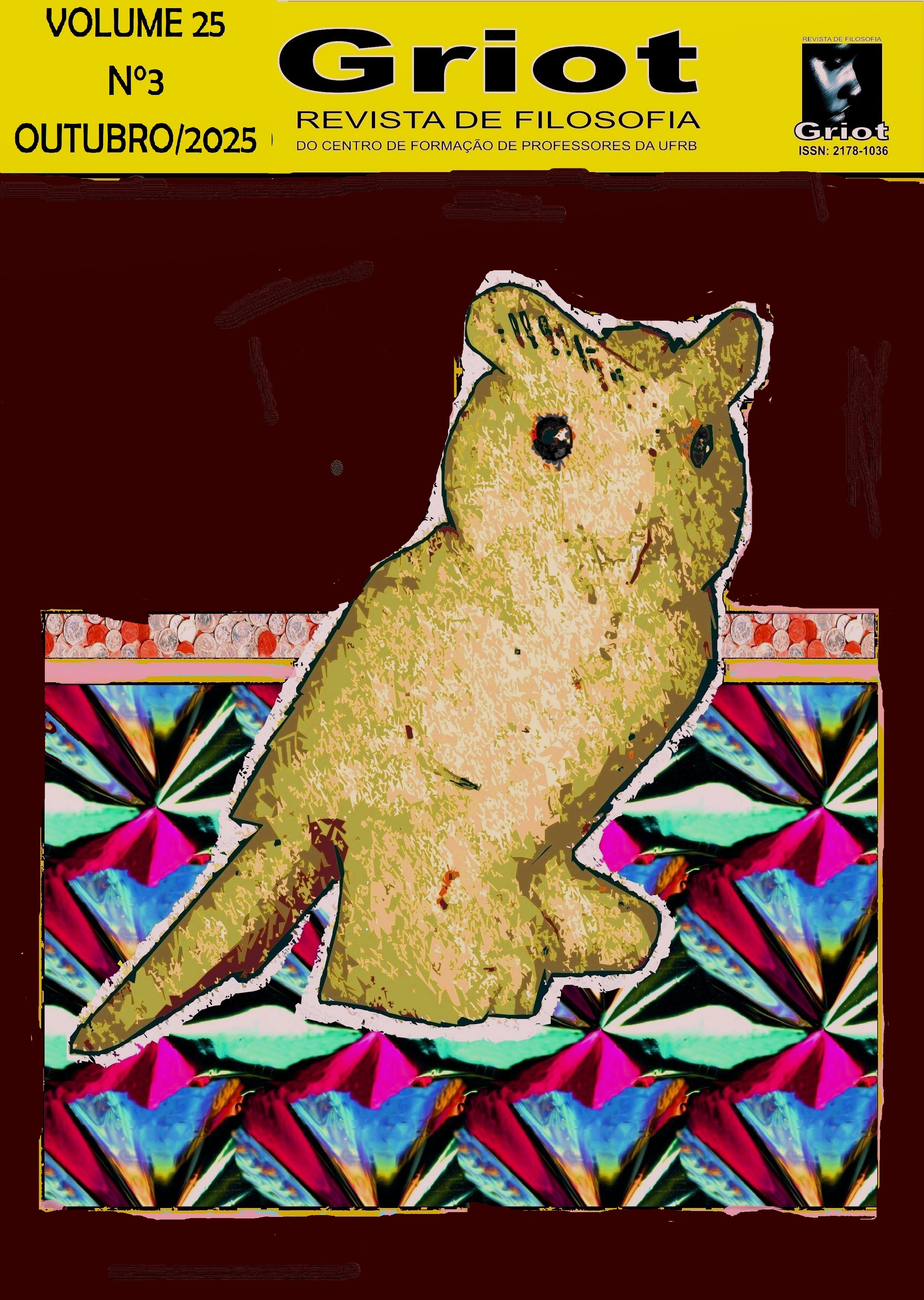Holismo semántico y metáforas: estructura, contexto y variación interpretativa
DOI:
https://doi.org/10.31977/grirfi.v25i3.5424Palavras-chave:
Metáfora; Holismo semántico moderado; Interpretación contextual; significado figurado; Redes inferenciales.Resumo
Este artículo articula la teoría de las metáforas conceptuales de Lakoff y Johnson con el holismo semántico moderado de Henry Jackman, con el fin de ofrecer una comprensión más precisa del lenguaje figurado como fenómeno semántico situado. Se argumenta que, si bien la teoría de las metáforas conceptuales ofrece una estructura coherente para explicar su sistematicidad, tiende a subestimar la variabilidad interpretativa y el papel del contexto discursivo. En contraste, el holismo semántico moderado permite concebir el significado metafórico como una función muchos-a-uno, estabilizada localmente en redes de creencias parcialmente compartidas. A partir de una revisión teórica y del análisis de tres metáforas extraídas del español contemporáneo —vinculadas al running, la docencia y la vida afectiva—, se muestra que la interpretación figurada no obedece a reglas fijas ni a sustituciones literales, sino que emerge de prácticas comunicativas situadas. Este enfoque amplía el estudio del significado figurado desde una perspectiva interdisciplinaria, integrando herramientas filosóficas y lingüísticas con especial atención al contexto.
Downloads
Referências
BERNÁRDEZ, E. La metáfora en la vida cotidiana: El lenguaje como ideología. Madrid: Visor, 2004.
DUMMETT, M. The logical basis of metaphysics. Cambridge: Harvard University Press, 1991.
FODOR, J.; LEPORE, E. Holism: A shopper’s guide. Oxford: Blackwell, 1992.
JACKMAN, H. Moderate holism and the instability thesis. Philosophical Studies, Dordrecht, v.94, n.3, p.257–272, 1999a. Disponível em: https://doi.org/10.1023/A:1004271229212. Acesso em: 11 jun. 2025.
JACKMAN, H. Holism, relevance and thought content. Philosophical Studies, Dordrecht, v.96, n.1, p.1–25, 1999b. Disponível em: https://doi.org/10.1023/A:1004318916823. Acesso em: 11 jun. 2025.
JACKMAN, H. Descriptive atomism and foundational holism. In: PREYER, G.; PETER, G. (ed.). Content and context: Essays on intentionality in speech and thought. Oxford: Oxford University Press, 2006. p.193–212.
JACKMAN, H. Externalism, metasemantic contextualism, and self-knowledge. Journal for the History of Analytical Philosophy, Hamilton, v.3, n.3, p.1–17, 2015. Disponível em: https://doi.org/10.15173/jhap.v3i3.91. Acesso em: 11 jun. 2025.
LAKOFF, G.; JOHNSON, M. Metaphors we live by. Chicago: University of Chicago Press, 1980.
RECANATI, F. Literal meaning. Cambridge: Cambridge University Press, 2004.
Downloads
Publicado
Como Citar
Edição
Seção
Licença
Copyright (c) 2025 Kênio Angelo Dantas Freitas Estrela

Este trabalho está licenciado sob uma licença Creative Commons Attribution 4.0 International License.
Os autores que publicam na Griot : Revista de Filosofia mantém os direitos autorais e concedem à revista o direito de primeira publicação, com o trabalho simultaneamente licenciado sob a Creative Commons Attribution 4.0 International License, permitindo compartilhamento e adaptação, mesmo para fins comerciais, com o devido reconhecimento da autoria e publicação inicial nesta revista. Leia mais...









































































